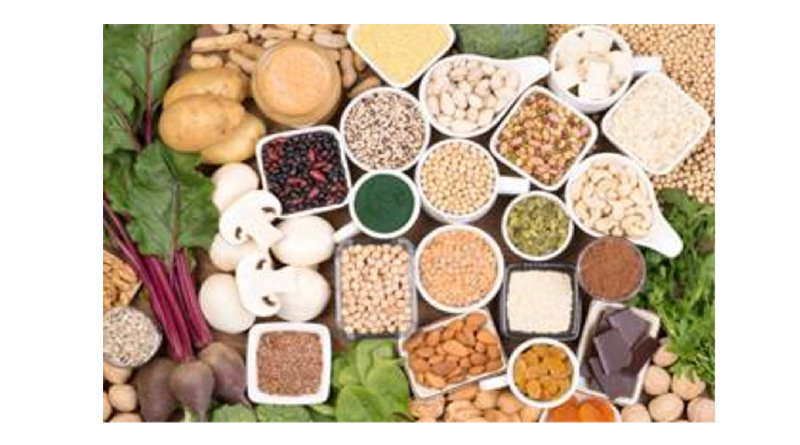New British Nutrition Foundation Resource Shares The Secrets To A Healthy Immune System For Older Adults
A new resource, launched by the British Nutrition Foundation, will inform older adults, who may be experiencing low appetite or finding it hard to eat well, about what to eat to get all the vitamins and minerals needed to support a healthy immune system.
With increased interest in the impact of nutrition and diet on immunity during the past year, ‘Nutrition and Immunity for Older Adults’, aims to provide practical insights to help older people get all the nutrients needed for a properly functioning immune system.
As we age, our immune system begins to work less effectively, making us more susceptible to diseases and infections, such as colds, flu and pneumonia. This, combined with a loss of interest in food and poorer appetite that may occur in later life, can make it harder to eat well and get all the nutrients needed for good health.
The new British Nutrition Foundation resource profiles 10 key nutrients the body needs throughout later life to support the immune system and provides handy hints on the foods that can provide these vitamins and minerals.
Some examples of important nutrients and where to find them include:
- Vitamin A; which can be found in foods such as eggs, cheese and liver. Soups that are made from vegetables, such as butternut squash, sweet potato or carrots can also be delicious providers of beta carotene that the body converts to Vitamin A.
- Vitamin B6; can be found in poultry, fish (for example canned tuna) and in some fruit and vegetables, such as bananas and avocados.
- Vitamin C; can be found in citrus fruits such as oranges and grapefruit, as well as vegetables, such as cabbage, peppers and tomatoes. Serving a meal with a portion of green cabbage and a portion of cauliflower will provide you with all the vitamin C needed for the day.
- Vitamin D; can be found in oily fish like canned sardines and salmon. However, our main source of vitamin D is sunlight, not food, and it is recommended that we take a daily supplement containing 10 micrograms of vitamin D between October and early March when sunshine is limited, or all year round for people who are not able to get outdoors that often.
- Copper; which can be found in wholegrain breakfast cereals, pasta and quinoa. Adding pulses to dishes such as stews and curries can provide a great source of copper too.
Sara Stanner, Science Director at the British Nutrition Foundation comments: “The immune system is a complex network of cells and chemical compounds that help defend the body against infections. There are a number of different nutrients, including protein, omega-3 fats and many vitamins and minerals, that are involved in supporting our immune systems to work normally, and these are found in a wide variety of foods – there’s no single nutrient or food that can ‘boost’ immunity. This means that having a healthy, varied diet is key for getting the nutrients that are most important for our immune system, as well as all the other systems of the body.
“Our new Nutrition and Immunity for Older Adults resource has been developed bearing in mind the challenges we face when trying to eat well and stay healthy later in life and it is important to remember that our bodies and nutritional needs alter as we age.”
To download the British Nutrition Foundation’s ‘Nutrition and Immunity for Older Adults’ resource and to find more information, please visit: https://www.nutrition.org.uk/healthyliving/covid19/nutritionimmunityallages.html






